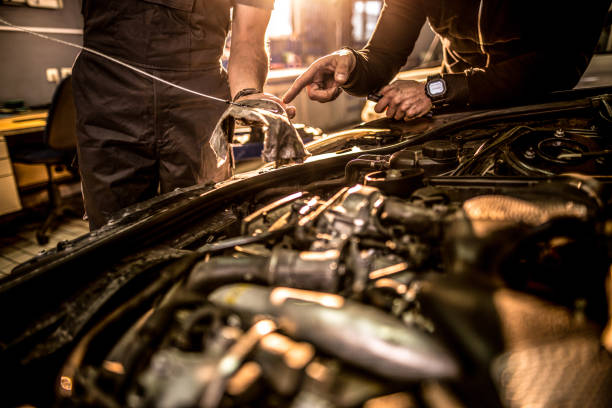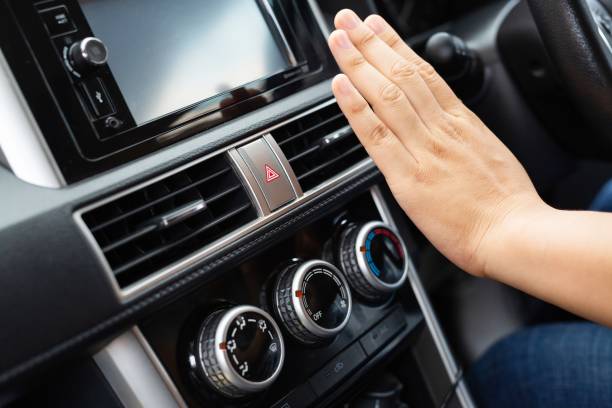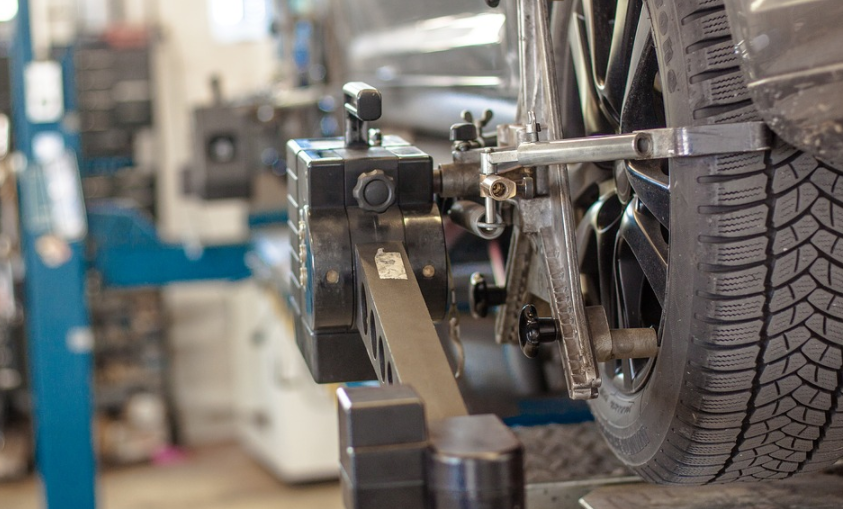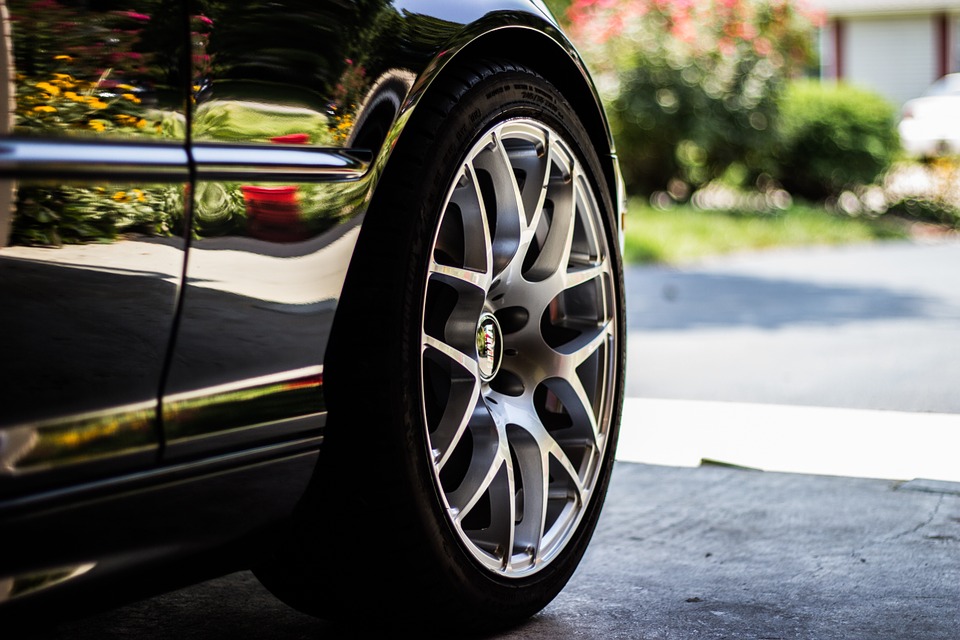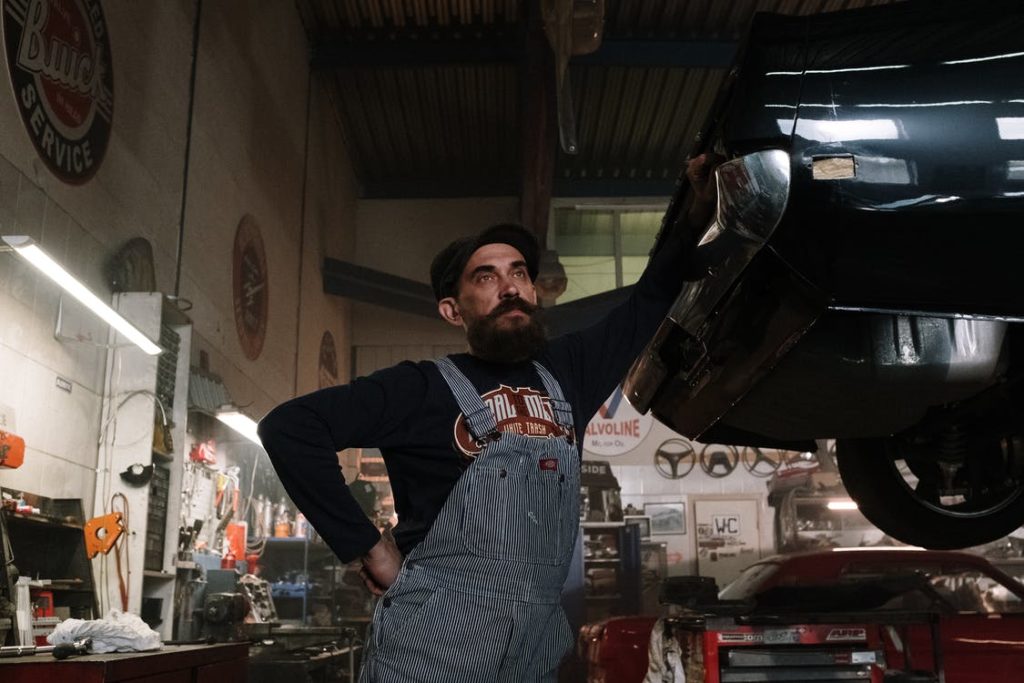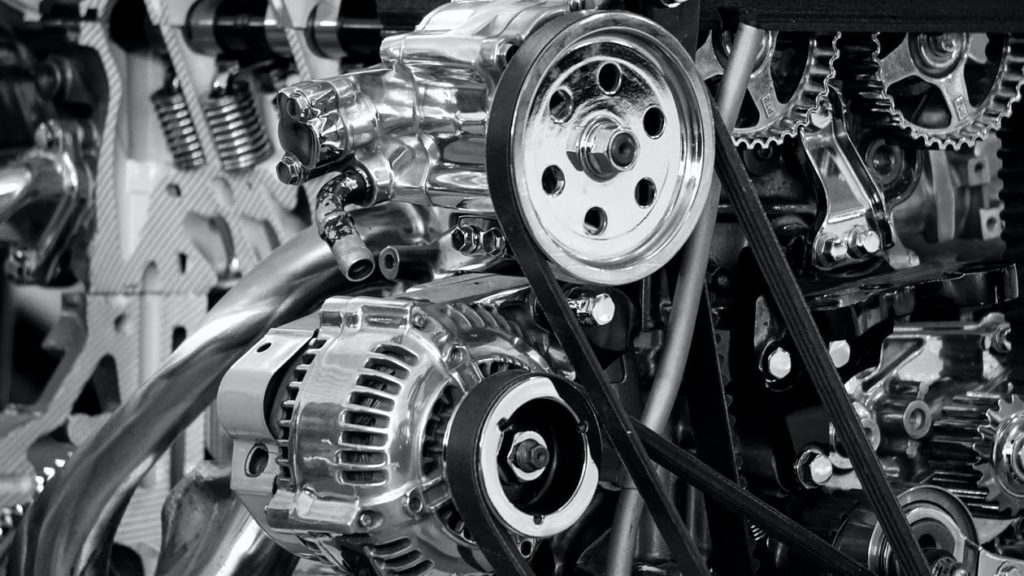Your car’s engine is the heart of your vehicle, and just like the human heart, it requires proper care to keep it running smoothly and efficiently. Regular maintenance and simple precautions can extend the life of your engine, improve fuel efficiency, and save you from costly repairs down the road. In this ultimate guide, we’ll explore essential tips and practices to keep your car’s engine in top shape.
- Regular Oil Changes: Changing your engine oil at the manufacturer-recommended intervals is vital. Fresh oil lubricates the engine’s moving parts, reduces friction, and helps dissipate heat. Neglecting oil changes can lead to engine sludge, increased wear, and decreased performance.
- Use High-Quality Fuel: Always fill up your car with high-quality fuel from reputable gas stations. Lower-grade fuels may contain impurities that can harm your engine over time.
- Monitor Fluid Levels: Regularly check your engine’s coolant, transmission fluid, brake fluid, and power steering fluid levels. Low fluid levels can cause overheating and damage to various engine components.
- Replace Air Filters: Air filters prevent dust and debris from entering the engine. Regularly inspect and replace them according to your car’s maintenance schedule to ensure proper airflow and engine performance.
- Timing Belt Replacement: Some cars have timing belts that need replacement at specific mileage intervals. Ignoring a worn-out timing belt can result in severe engine damage.
- Keep Your Car Cool: Overheating is one of the most common causes of engine problems. Check your car’s cooling system, radiator, and hoses regularly to prevent overheating.
- Follow the Maintenance Schedule: Stick to your car’s manufacturer-recommended maintenance schedule. It is designed to keep your engine in peak condition and prevent major issues.
- Warm Up Your Engine: Give your engine a few seconds to warm up before driving. This helps distribute oil and ensures proper lubrication.
- Avoid Revving Too High: Revving your engine excessively can lead to premature wear. Allow the engine to reach normal operating temperature before pushing it hard.
- Drive Smoothly: Avoid aggressive driving, sudden stops, and rapid acceleration. Smooth driving puts less stress on the engine and improves fuel efficiency.
- Use the Right Oil: Always use the oil grade recommended by your car’s manufacturer. The wrong oil can adversely affect engine performance.
- Inspect Belts and Hoses: Regularly inspect your car’s belts and hoses for signs of wear and tear. Replace them promptly if necessary to prevent engine damage.
- Keep the Air Conditioning in Check: Your car’s air conditioning system puts extra load on the engine. Ensure its functioning correctly and use it judiciously.
- Listen for Unusual Noises: Pay attention to any strange noises coming from your engine. Squealing, knocking, or tapping sounds may indicate issues that require immediate attention.
- Get Professional Inspections: Have a qualified mechanic inspect your engine regularly. They can catch potential problems early on and provide expert advice.
In conclusion, caring for your car’s engine is essential for its longevity and performance. By following this ultimate guide and being proactive with maintenance, you can keep your engine in top shape, avoid costly repairs, and enjoy a smooth and reliable driving experience for years to come. Remember, a well-maintained engine not only benefits your car but also contributes to a greener and more sustainable environment by improving fuel efficiency and reducing emissions.…
